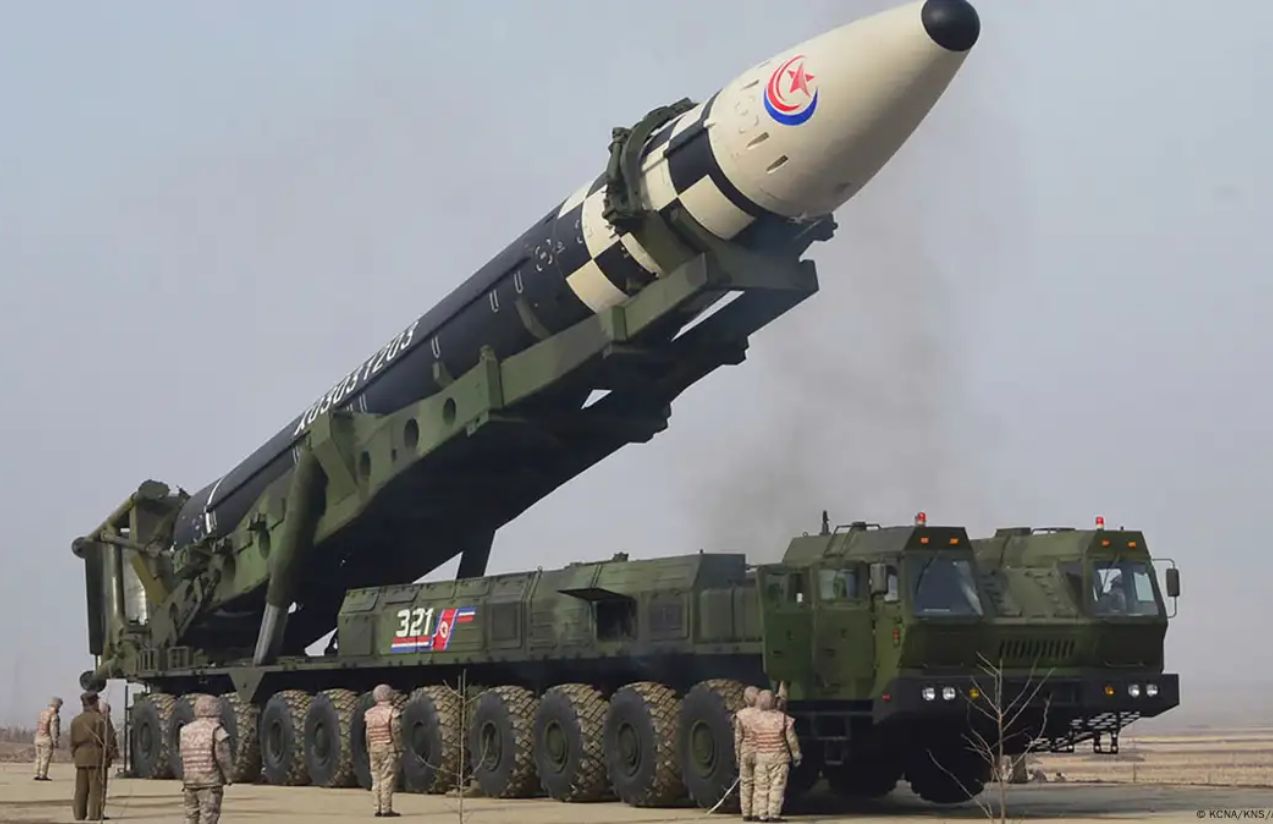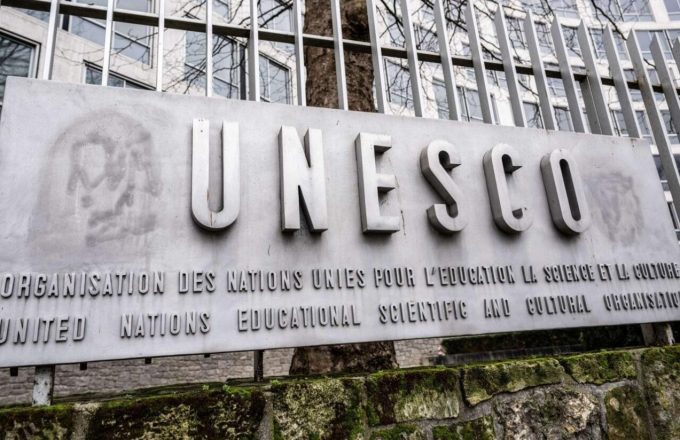North Korea may be moving toward mass production of intercontinental ballistic missiles (ICBMs) capable of reaching the United States, Air Force General Gregory Guillot, head of U.S. Northern Command, warned during a hearing before the Senate Armed Services Committee.
Guillot stated that Kim Jong Un’s regime “likely already has the capability to deliver a nuclear payload anywhere in North America” and warned that the use of solid-fuel missiles shortens launch preparation time, making early detection by the U.S. more difficult.
“We must immediately begin building a next-generation Iron Dome missile shield that will be able to protect Americans,” Trump said during a congressional Republican retreat in Miami.
The general cited North Korea’s October test of the Hwasong-19, a solid-fuel ICBM that can be deployed and launched more quickly than liquid-fuel models. According to Guillot, North Korea’s rhetoric suggests that Kim may be moving beyond the development phase toward serial production, which would rapidly expand the country’s arsenal and challenge U.S. defensive capabilities.
However, there are doubts within the U.S. military about the true capabilities of these missiles. In November, Admiral Samuel Paparo, head of U.S. Indo-Pacific Command, stated at a Brookings Institution event that although North Korea continues testing, “we have yet to see evidence” that its ICBMs can carry a nuclear warhead and withstand all phases of flight and reentry.
Guillot’s warnings could fuel debate over the need to strengthen U.S. missile defense systems. Last month, President Donald Trump signed an executive order to accelerate the production of new missile tracking and interception systems, as well as technologies to neutralize them before launch. The Pentagon is now evaluating how to incorporate these measures into the 2026 defense budget proposal.




















